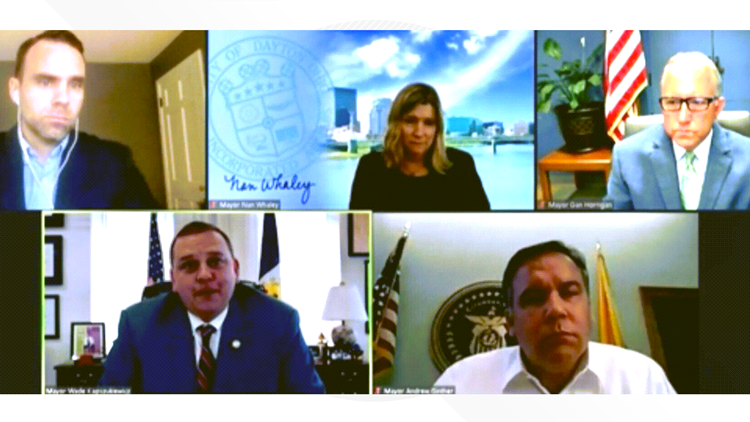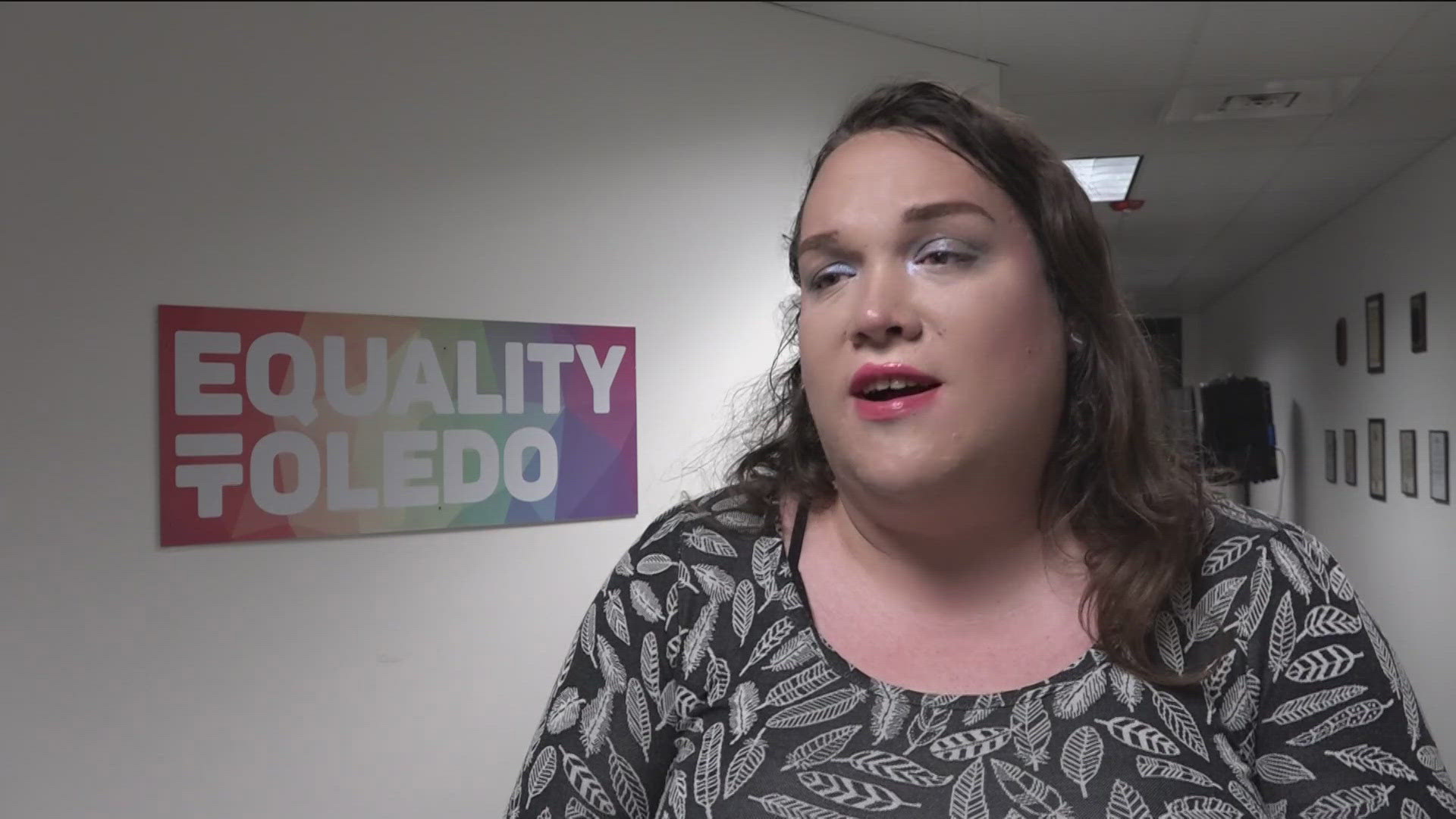TOLEDO, Ohio — The Ohio Mayors Alliance announced on Wednesday it is forming a Police Reform Support Network to help cities across Ohio assess, share, and support efforts to implement best practices to address racial bias and improve community-police relations. Numerous recommendations have been developed over the years, but this joint effort intends to focus on turning these ideas into action by supporting policy changes at the local level, the mayors said.
“Backed by a powerful national outcry, mayors across the country now have increased leverage to create meaningful change to policing practices. We have a duty to listen and be responsive to our citizens and also consider thoughtful reform recommendations and best practices from reputable sources. Now is the time to process these ideas and turn them into collective action,” said Akron Mayor Dan Horrigan, who was joined by Columbus Mayor Andrew J. Ginther, Dayton Mayor Nan Whaley, Toledo Mayor Wade Kapszukiewicz, and Youngstown Mayor Tito Brown.
“What we are proposing is not another study group, it’s a working group that will have dedicated staff and a diverse array of network partners,” Kapszukiewicz said. “Individual cities have unique challenges that they must address, but we need support to be successful, and that is exactly what this Police Reform Support Network is intended to do.”
This joint effort between the cities will work with the Ohio Department of Public Safety’s Office of Criminal Justice Services to align state and local efforts, and better integrate the work of the Ohio Collaborative on Community-Police Reforms. It will also work to bring other partners to the table such as the Ohio State University’s Kirwin Institute for the Study of Race and Ethnicity.
The Ohio Mayors Alliance Police Reform Support Network will
1. Assess police reform policies in Ohio cities and nationally;
2. Share best practices and policy standards within Ohio cities; and
3. Support local implementation by helping to navigate barriers to reform and bringing in resources to implement.
It will start by focusing on limits on use of force, expanding body cameras, improving oversight, strengthening accountability, improving training and recruitment, and rethinking public safety more broadly.
“This network is intended to help cities do the difficult work of implementation,” said Columbus Mayor Ginther. “It will draw on best practices and research from around the country to help mayors, city councils, and police departments understand what needs to be done to address the very real challenges of racial bias and the need to reform policing practices in communities across Ohio.”
“Cities and local police departments can’t solve these problems alone,” said Youngstown Mayor Tito Brown. “We need external support to help break down some of these barriers to reform that have existed for far too long.”
In addition to helping reform specific policing practices at the local level, the network will also look at systemic challenges to criminal justice and social service reforms. It will also help local leaders think more broadly about community safety.
“It is truly a time to re-envision an effective law enforcement approach that ensures safety and just outcomes for members of our communities, particularly African Americans,” said Dayton Mayor Nan Whaley.
Working with a network of stakeholders such as these, we will give our cities the tools they need to implement reforms. The Ohio Mayors Alliance Police Reform Support Network will also create opportunities to rethink how communities approach public safety through research, data, and collaboration among the cities.
The Ohio Mayors Alliance is a bipartisan coalition of Mayors in over two dozen of Ohio’s largest cities. For more information, please visit: OhioMayorsAlliance.org.
RELATED: Rossford officer resigns after social media post accusing him of following a woman home goes viral
RELATED: 2 TPD officers on restricted duty amid misconduct complaints during Black Lives Matter protest



